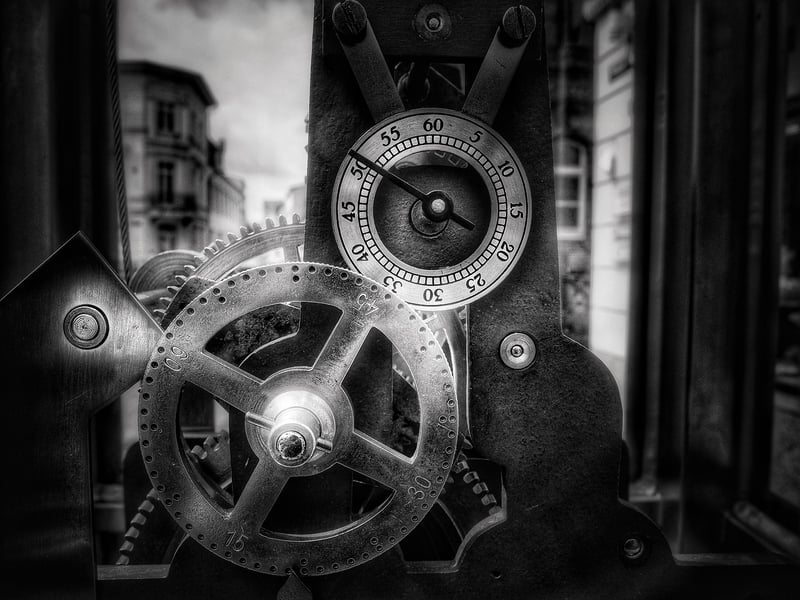Temporal Paradoxes
Mechanisms for Time Travel and Temporal Paradoxes

Introduction
Time travel has long been a fascinating concept in science fiction, captivating audiences with the idea of journeying through time to witness historical events or explore the future. While time travel remains a theoretical possibility, scientists and writers have explored various mechanisms and theories that could make it a reality.
Mechanisms for Time Travel
There are several proposed mechanisms for time travel, each with its own set of challenges and implications:
1. Wormholes
Wormholes are hypothetical passages through spacetime that could create shortcuts for long journeys across the universe and potentially allow for time travel. However, the stability and existence of wormholes remain purely theoretical.
2. Time Machines
Time machines, like the iconic DeLorean from "Back to the Future," are fictional devices that allow travelers to move backward or forward in time. While time machines are a popular concept in science fiction, the practicality of building one remains a significant challenge.
3. Cosmic Strings
Cosmic strings are long, thin strands of energy proposed by some theories of the universe. These cosmic strings could potentially create gravitational fields capable of bending spacetime and enabling time travel.
Temporal Paradoxes
Time travel raises complex paradoxes and questions about causality and the nature of reality. Some of the well-known temporal paradoxes include:
1. Grandfather Paradox
The Grandfather Paradox posits a situation where a time traveler goes back in time and prevents their grandfather from meeting their grandmother, thus preventing the time traveler's own birth.
2. Bootstrap Paradox
In the Bootstrap Paradox, an object or information is sent back in time in an infinite loop with no origin, creating a causal loop where the object has no discernible beginning.
3. Predestination Paradox
The Predestination Paradox involves a chain of events in which a time traveler's actions inadvertently lead to the very events they were trying to prevent, causing a self-fulfilling prophecy.
Conclusion
While time travel remains a tantalizing concept, the scientific and philosophical implications of traversing through time are profound. As researchers continue to explore the possibilities of time travel, the mechanisms and paradoxes associated with it offer a glimpse into the complexities of the universe and our understanding of it.
